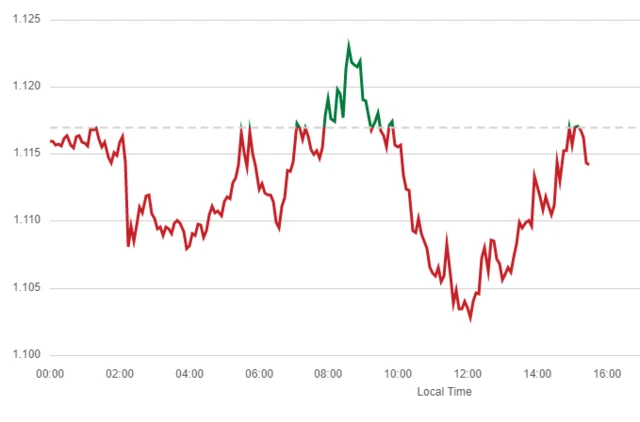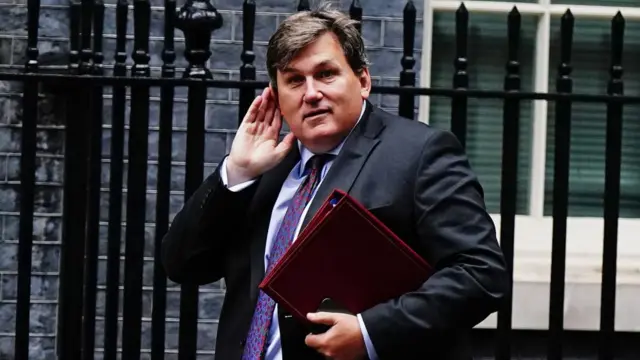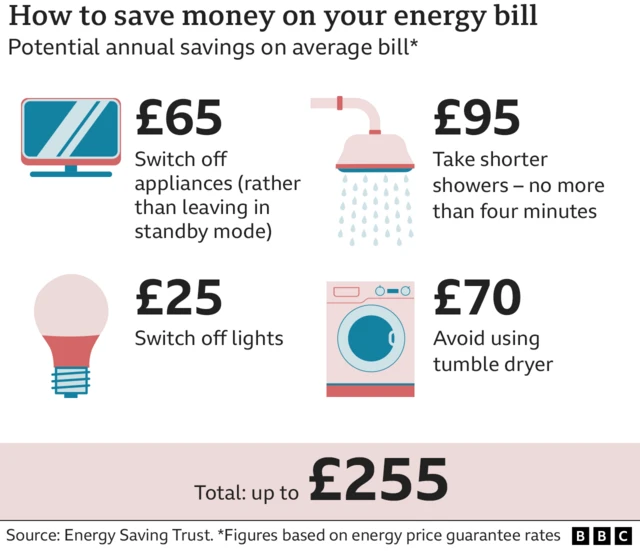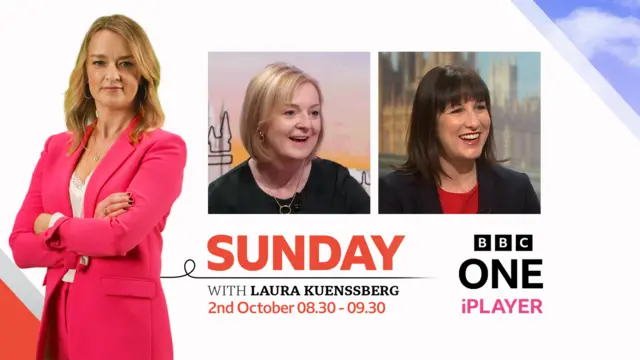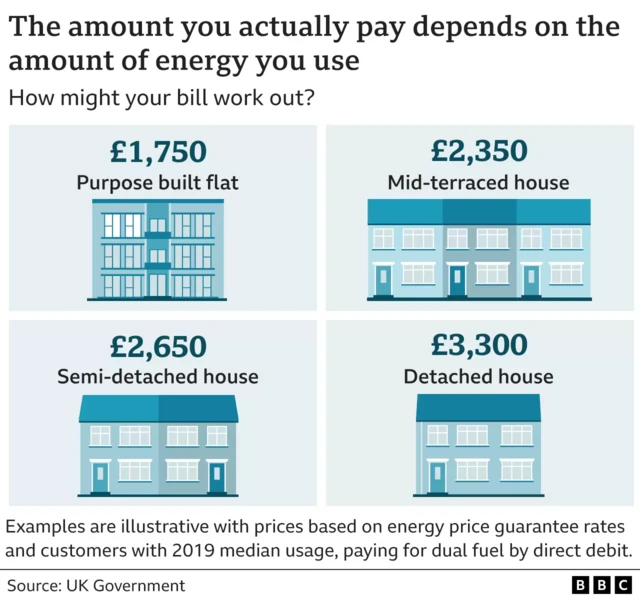Thanks for joining uspublished at 17:18 BST 30 September 2022
We're going to end our live coverage for the day - you can read our full story of the day here.
Updates were brought to you by Adam Durbin, Emily McGarvey, Anna Boyd, Dearbail Jordan, and Kate Whannel.
The page was edited by Alex Therrien and Dulcie Lee.
